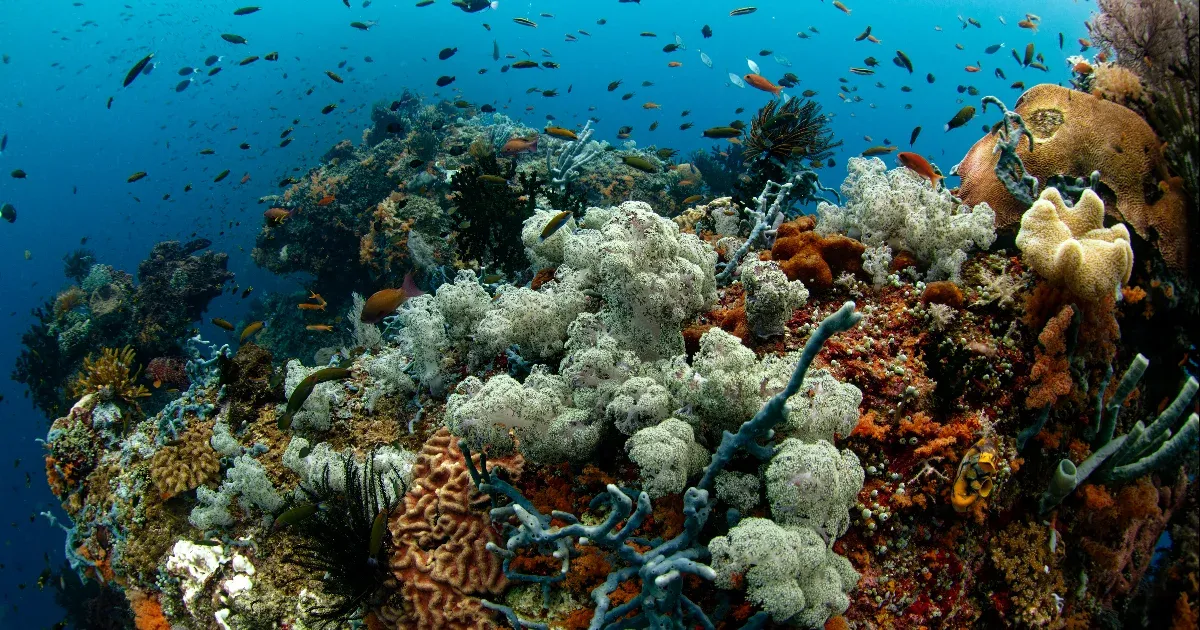Australian researchers say in a study on marine sponges that global warming is happening faster and lasting longer than previously thought.
According to the MTI summary, research by Australian scientists analyzed ocean temperature data preserved in the calcium carbonate skeleton of the sea sponge Ceratoporella nicholsoni.
According to their findings, published in the journal Nature Climate Change, the warming of the industrial era began in the mid-1860s, which is consistent with the historical record.
However, it has been more than 70 years for sea surface temperature data from ships.
According to Malcolm McCulloch, a professor at the University of Western Australia, global warming has been underestimated by about 0.5°C, meaning we are closer to the 2015 Paris Agreement of 1.5°C of temperature rise compared to pre-industrial levels. belief.
McCulloch noted that while the UN's Intergovernmental Panel on Climate Change has estimated temperatures will rise by about 1.2 degrees Celsius by 2020, in reality temperatures are already 1.7 degrees Celsius higher than pre-industrial levels.
He stressed, “If the emission of harmful substances continues at the current rate, the increase in average global temperature will certainly exceed 2 degrees Celsius by the end of the 2020s, and 2.5 degrees Celsius by 2050 compared to the pre-industrial period.” . the world.
According to the professor, another reason for concern is that according to their research, the Earth's temperature is also happening faster, and by 2050, the average temperature on Earth is expected to be about 4 degrees Celsius higher than the pre-industrial level.
McCulloch stressed that the biggest task at the moment is to stop global warming by no more than two degrees Celsius, but to achieve this, greenhouse gas emissions must be cut in half by the beginning of 2030, but no later than 2040.












































